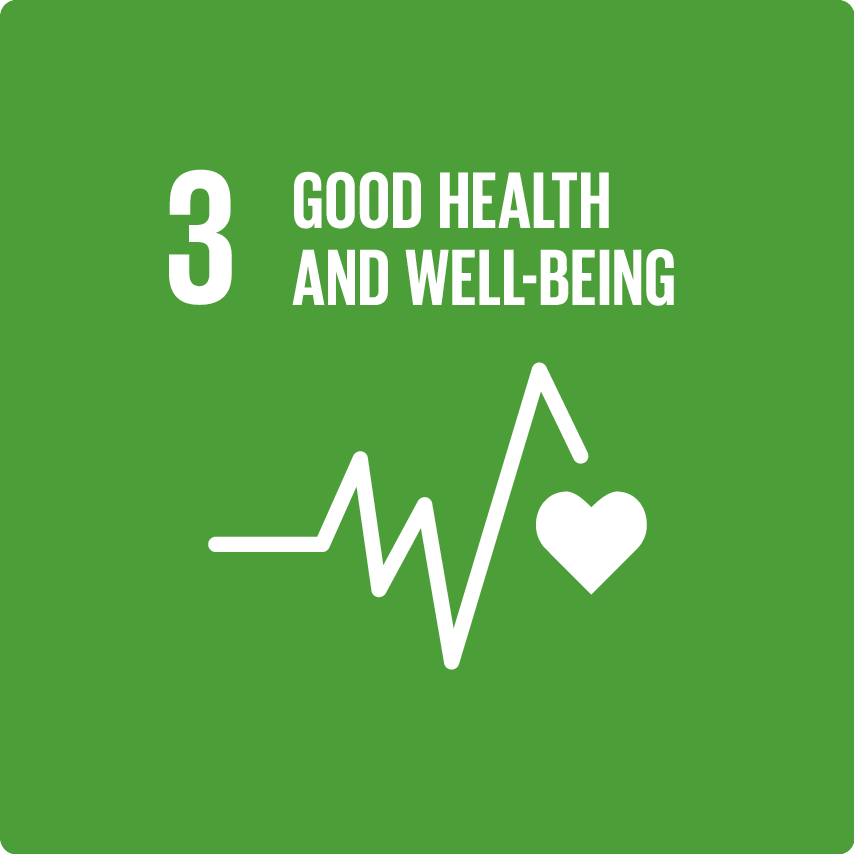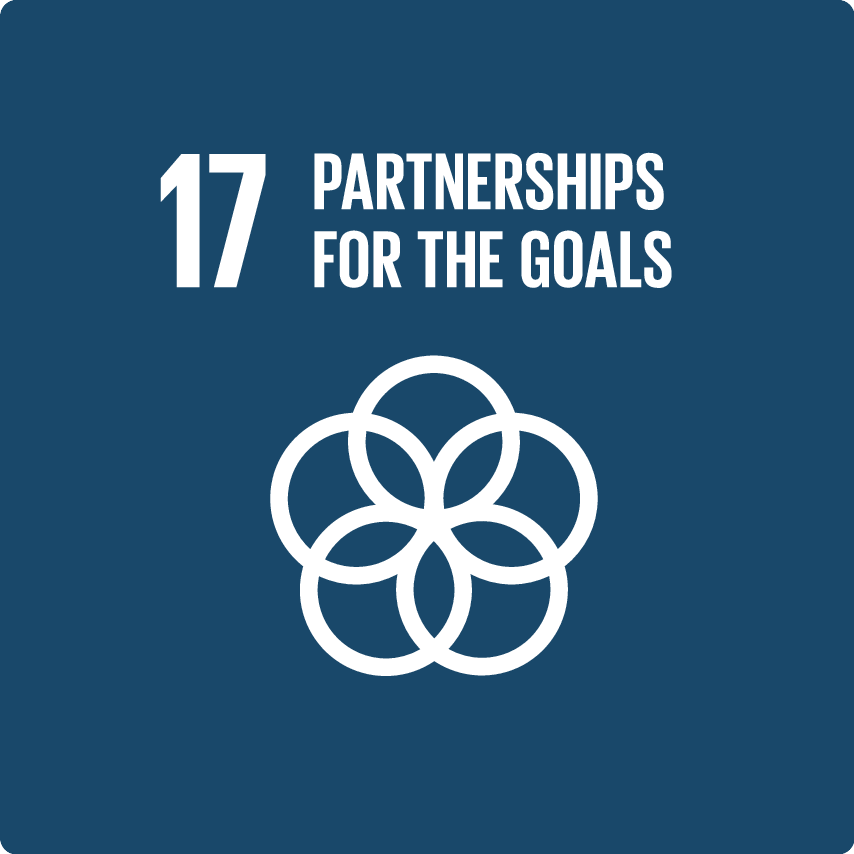Global Health Education: Management of Multiple Myeloma in Low Resource Settings
The program supports healthcare professionals in the translation of knowledge to clinical practice to improve diagnosis, treatment, and management of patients with Multiple Myeloma (MM) in low-resource settings.
SEE ALL PARTNER ORGANIZATIONS
Objectives
Three key educational needs have been identified within low-resource settings.
1) Clinicians may lack an understanding of the presenting signs and symptoms of Multiple Myeloma (MM) coupled with poor access to diagnostic and staging tests and resources.
2) Clinicians may not be aware of the appropriate diagnostics tests and treatment approach for patients with MM.
3) Clinicians may lack effective strategies and resources to provide care for Multiple Myeloma patients at advanced stages of the disease. The proposed activity will aim to reach a global (ex-US, ex-UK) audience of over 500,000 primary care and specialist HCPs, including hematologists and oncologists, with a focus on Sub-Saharan Africa and South Asia. Three key learning outcomes have been identified for the program.
As a result of this activity, learners should be able to:
1) Describe the presenting signs of MM and list some of the available investigative procedures in a local/low resource setting.
2) Explain appropriate diagnostic tests and treatment approach for patients with MM for patients in settings where ASCT is not available.
3) Select appropriate therapies for pain management and symptom control in patients with advanced Multiple Myeloma.
It is essential that clinicians can identify and diagnose Multiple Myeloma (MM) as effectively as possible and apply practical and holistic patient management strategies in settings where many of the modern diagnostic and treatment interventions are not yet available. The proposed activity is a highly interactive education program for primary care and specialist clinicians, including hematologists and oncologists, with a specific focus on those working in Sub-Saharan Africa and South Asia. An integrated clinical case discussion activity, it aims to educate target HCPs on the diagnosis, treatment, and management of patients with Multiple Myeloma (MM) within low-resource settings, and most importantly, support the translation of that knowledge to clinical practice. MedShr’s clinical case discussion scenarios are based on patient archetypes that are commonly seen in clinical practice, and the focus is on getting clinicians to think differently about the management of these patients, and to apply this to their everyday practice.
Results and milestones
This program reached over 520,000 target HCPs with over 414,000 (79%) from Sub-Saharan Africa & Asia.
The breakdown of the targeted audience:
General Physicians: 165,330 Hematologists: 4,359
Oncologist: 33,361
Clinical Health Workers: 133,900
Nurses: 189,237
17% increase in HCP knowledge on recognizing symptoms and diagnosis of MM
14% improvement in HCP competency around managing complications of MM
Geographic Reach
- Africa
- Eastern Mediterranean
- South-East Asia
Disease Area
- Non-communicable diseases
Partner organizations
MedShr
Geographic Reach
Africa
- Ethiopia
- Ghana
- Kenya
- Nigeria
- South Africa
- Uganda
- Zimbabwe
Eastern Mediterranean
- Pakistan
South-East Asia
- Bangladesh
- India
- Indonesia
Disease Area
Non-communicable diseases
- Cancer
- Hematological Cancers

